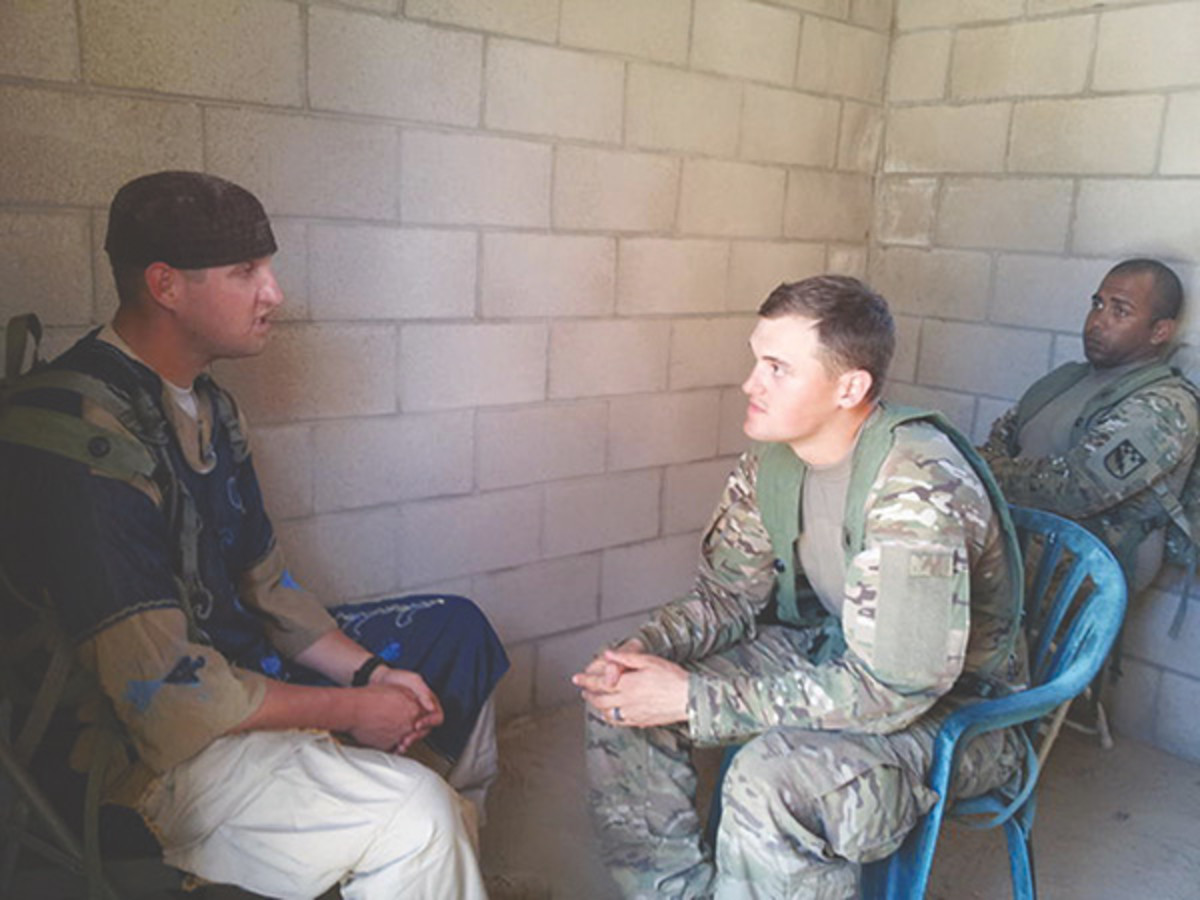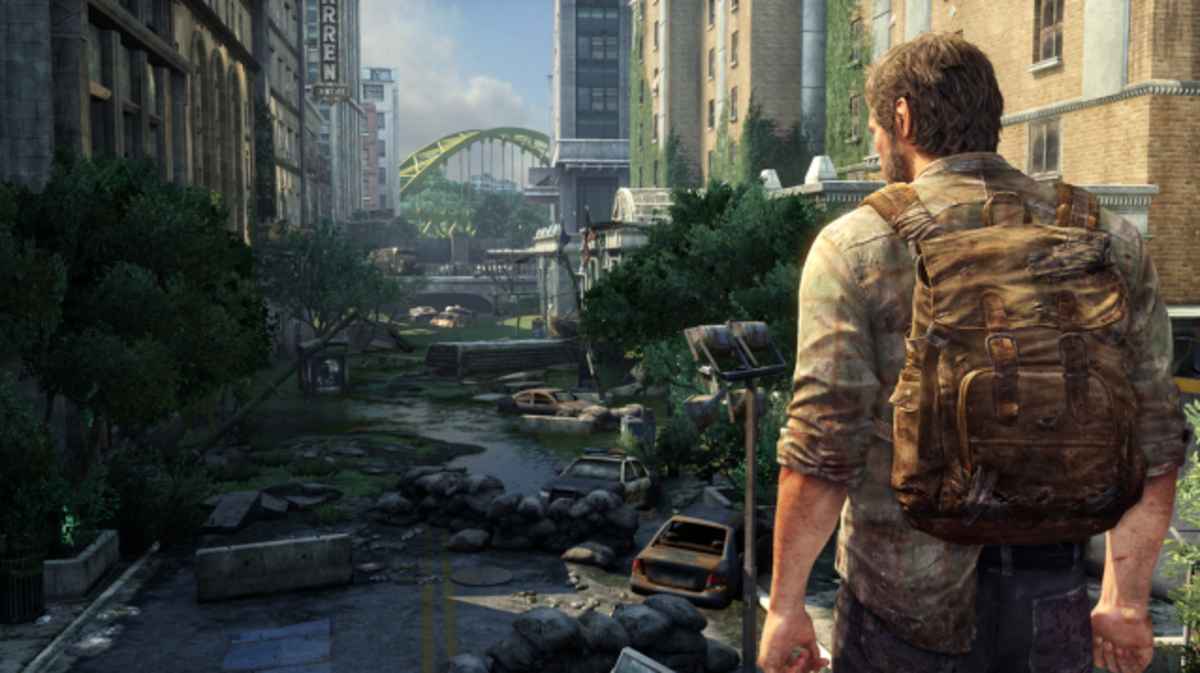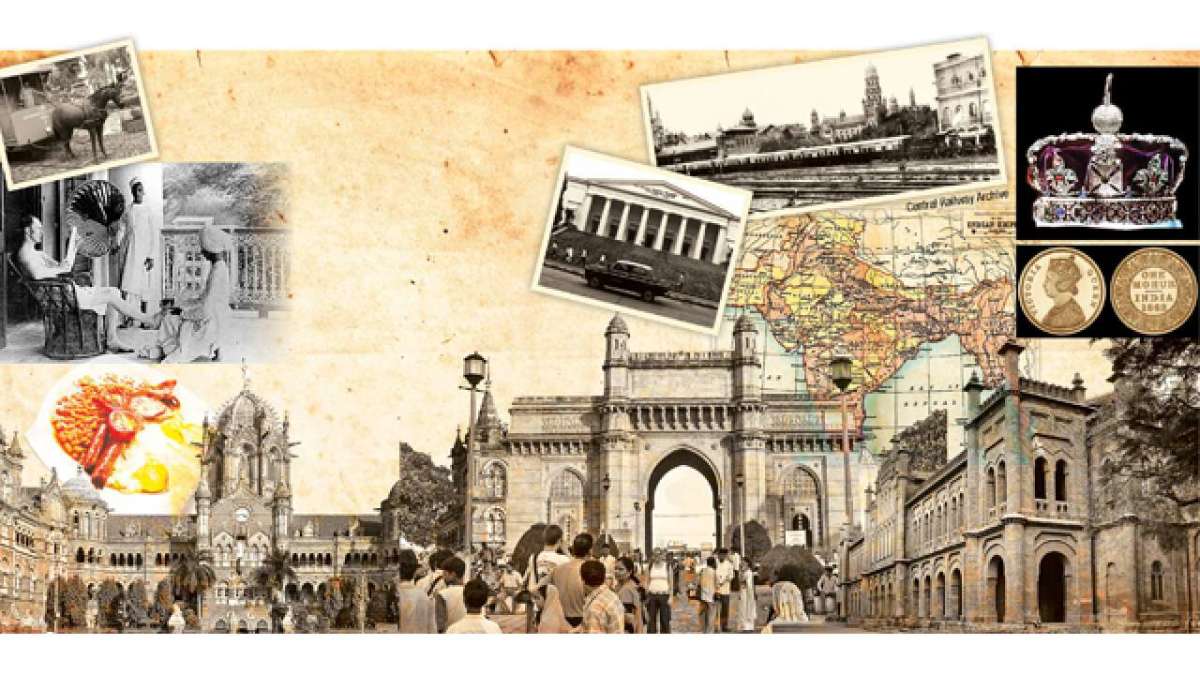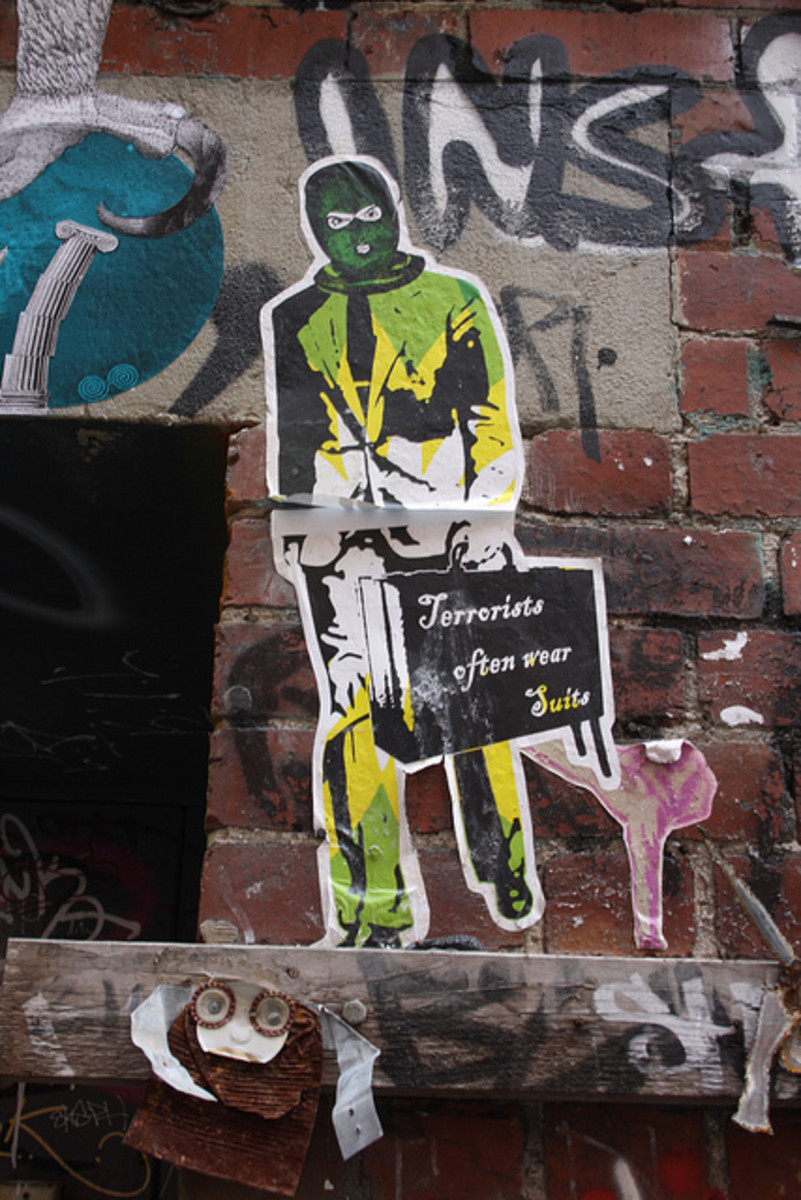Head Lone Wolf Terrorists and Shooters Off at the Pass
What is Terrorism?
The 1999 International Convention for the Suppression of the Financing of
Terrorism, by the United Nations, defines terrorism as any:
… act intended to cause death or serious bodily injury to a civilian, or to any other person not taking an active part in the hostilities in a situation of armed conflict, when the purpose of such act, by its nature or context, is to intimidate a population, or to compel a government or an international organisation to do or abstain from doing any act.
On the other hand, the United States Code, Title 22, Section 2656f(d) say that
terrorism is:
Premeditated, politically motivated violence perpetrated against noncombatant targets by subnational groups or clandestine agents, usually intended to influence an audience.
As we can see from these definitions, we have problems with both foreign and domestic terrorists. Mass shootings are also part of this problem and have the same prevention strategies.
Mass Shooters
Mass shooters display a marked commonality with terrorists. Mass shooters tend to be white males from their 20s to middle-aged, often with an unsatisfying job and fragile social connections. The typical mass shooter has seen inflammatory rhetoric, whether online or through traditional media, and feels that by joining this group, and proving (to others and himself) that he is a part of the group by acting, he then has a social network and a sense of belonging.
The Root of Terrorism
However, you define it, there's one thing that is absolutely clear. Terrorists need recruits. Without these recruits, there wouldn't be enough people to affect anyone. The reason people get recruited is because they feel joining a terrorist organization or committing a lone wolf act is their best option to make their lives meaningful.
In order to cut off the ability of these organizations to attract recruits, we need to find ways to make the lives of people who are at risk meaningful again. There are a number of reasons people find their lives meaningless:
- lack of useful work
- feelings of insecurity or threat from others
- inability to support themselves or a family
- lack of beauty in their lives
- lack of a support system, family, and friends
- mental health issues
- lack of ability to understand the context of their actions
- lack of moral ground
In order to address the meaninglessness that these individuals who are potential recruits feel, it's necessary to find the root causes of each person's disconnect with society, and supply what they are missing.
There is no simple explanation, or simple solution. Such a problem has many interrelated nuances. However, for a basic understanding of how to begin to address the problem, we have a handy tool: Maslow's Hierarchy of Needs. This is an excellent place to begin addressing the causes of disenchantment with society. Each layer requires the layers beneath it, so we have to begin with the basics, or the bottom of the pyramid.
Again, happy people who like their jobs and feel secure, who have a strong support network and feel they have achieved something significant, do not become mass shooters or terrorists.
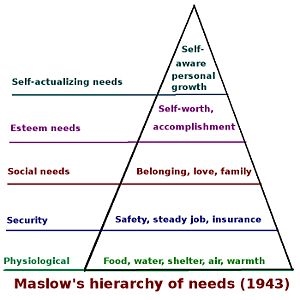
There is a joke Maslow's pyramid showing "Wi-Fi" at the very bottom. In a way, that's not wrong. Isolation is a huge factor in feelings of not belonging. In addition, a smartphone with Wi-Fi gives someone access to news, employment, weather warnings, and many other services that most people take for granted. In modern life, everyone needs to somehow be "plugged in," to experience the best of what society has to offer.
Maslow's Hierarchy of Needs - Level One: Physiological Needs
We must make sure that everyone has food, shelter, water, and their basic living and medical needs addressed. To that end, making sure that we take care of the homeless, the unemployed and underemployed, the hungry, and the people who are living with mental health issues will address these problems. Remember, it's the people with no place better to go who are most likely to think that turning into a terrorist or mass shooter is their best option.
Who do you think is more likely to be a potential recruit for terrorists or become a mass shooter?
Maslow's Hierarchy of Needs - Level Two: Security Needs
At this level, once basic physiological needs are met, we have the problem of security. A decent neighborhood in which to live, a steady job that meets their expenses, insurance for cars, homeowners or renters insurance, and health, vision and dental insurance as well as unemployment insurance can take care of this level.
Meaningful employment not only gives people a feeling that they are making a difference, but also lessens the amount of time they have to get into trouble. Additionally, work gives structure to a person's life, and provides them with a community of fellow workers, giving them a sense of belonging to something greater than themselves. The income from their work provides them with not only the necessities, but some enjoyment from disposable income, and increases their sense of security within society.
Some social issues that are pertinent to these needs include unions; a fair minimum wage; a fair spread of wages (for example, in some states preschool teachers are paid less than warehouse workers); universal healthcare (with mental health screenings); adequate police who are trained in de-escalation methods; adequate fire departments; good street lighting; and well-maintained infrastructure.
In schools, we need to crack down on bullying, racism, sexism, and other forms of discrimination to ensure that students have enough security that they can focus on learning instead of worrying what will happen when the teacher's back is turned.
Who do you think is more likely to be a potential recruit for terrorists or to become a mass shooter?
Maslow's Hierarchy of Needs - Level Three: Social Needs
Everyone needs a support group. To that end, we must strengthen family bonds, ensuring that non-custodial parents receive not just incidental time but equal time. We have to improve the foster care system. In all families, we should strive to make sure that no-one has to hold down more than one job, and that children are not forced to work. For everyone, we need enough leisure time and disposable income to form and maintain social bonds of friends and people who share our interests.
In school and at work, we need to make sure that everyone is treated with dignity and respect, and is given sufficient opportunity to form friends and enter social groups. We must crack down on bullying! For those people living on the margins of society, mentors will go a long way towards helping them integrate into the mainstream.
Who do you think is more likely to be a potential recruit for terrorists or a mass shooter?
Would you be willing to mentor a marginalized person?
Maslow's Hierarchy of Needs - Level Four: Esteem
We must do our best to make sure that everyone has healthy esteem. This doesn't have to mean giving everyone a trophy for participation. Rather, it means that we have to allow people the time to discover what they are good at and what they are poor at, and build up the skills they are lacking, while showcasing their talents.
At work, people must be rewarded adequately for the work they do. Fair pay for their work, and a sense of how their work fits into their organization and society will help them feel that they are appreciated. Again, this doesn't mean everyone gets an "attaboy!" It means that we don't demonize or look down upon people for their jobs: a janitor is just as necessary to the operation of a company as the sales director, which you would learn very quickly if you fired your janitor and didn't replace her or him.
Who do you think is more likely to be a potential recruit for terrorists or a mass shooter?
Maslow's Hierarchy of Needs - Level Five: Self-Actualization
We've all heard the phrase "Follow your passion." Unfortunately, that's a hobby for the people who have the four other levels of the hierarchy met. Once all the other needs are met, we need to allow people time and leisure to discover what really motivates them and makes them happy. After all, happy people don't join terrorist organizations or act as lone wolves to disrupt and destroy the lives of others.
Who do you think is more likely to be a potential recruit for terrorists or a mass shooter?

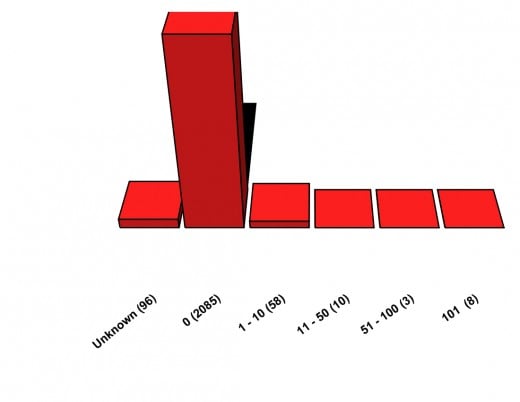
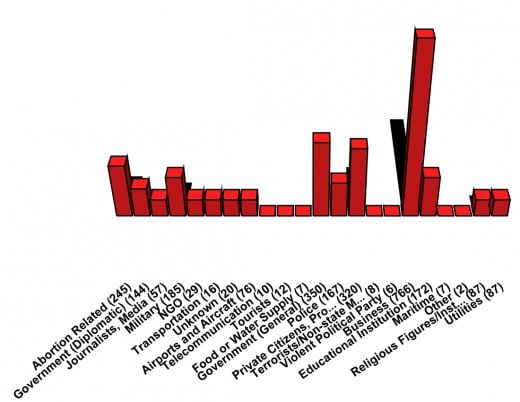
Mass Shootings
Mass shootings data are being crowdsourced at the Mass Shooting Tracker.
How Much Will This Cost?
The U.S. Government calculates the statistical value of one human life at $9.1 million dollars [.doc file]. Because that's an official figure (finding any official figure is difficult), that's what we have to work with. This doesn't count the value of property damage (loss of profit to insurance companies, loss of shareholder dividends, raises in insurance premiums to individuals and businesses, insurance deductibles), injuries, cost of funerals (between $7,000 - $10,000) or hospitalization, physical therapy, etc., that survivors will have to pay.

Housing
It's estimated that there are 3.5 million at least temporarily homeless people in the United States, many of them veterans. There are currently five empty houses for each homeless person. The majority of these homeless people are young, single men [.pdf file], the kind of individual a terrorist organization is most successful at recruiting. They also report that the major cause of many people's homelessness is the lack of a stable job (Maslow's Hierarchy, Level Two).
Programs like Housing First have had remarkable success, showing that by giving people adequate shelter, they are then able to improve other areas of their lives with limited help. In addition, real-world experience has shown that these kinds of programs are less costly to the taxpayers than leaving homeless people on the street.
Philip Mangano, the housing policy czar under President George W. Bush, estimated the cost of one homeless person on the street at $35,000 to $150,000 in public services per year, including hospitals, police, and courts. Put like this, it's clear that keeping a homeless person on the streets for a few years is more expensive than buying them a house to live in.

Food
In the United States, approximately 14% of food is wasted. This is plenty to feed every hungry person in the country. If even a tiny percentage of people in the nation converted a tiny bit of their yards or windowsills to growing food, there would be a huge overabundance that would ensure food security for everyone.
At the end of the day, instead of throwing out food, what if restaurants fed the hungry with the food they would otherwise throw in the dumpster? What if farmers reduced their agricultural food waste? What if every neighborhood had a little food pantry?

Energy and other Basic Infrastructure
With the costs of solar and wind decreasing steadily, and the efficiency increasing each year, each building could soon generate its own energy and store it. Every family could have enough electricity to stay warm in winter and cool in summer, and cook food and have other necessities of life. We could start out with following the example of New Jersey, and attach solar panels to power and telephone poles.
In some humorous versions of the Maslow pyramid, Wi-Fi is at the bottom (most important) position. Included in these basic services should be a smartphone (a program called LifeLine, established by President Reagan), and public Internet access. This is important for low-income people to have, first off, to be able to call 911; to schedule job interviews; to apply for work; and to stay in touch with family, friends, counselors, probation officers, doctors, weather forecasts, and other necessary services. Most job applications now require access to email and therefore some Internet access is necessary.

Safety
- Many property crimes are committed because people are feeling either desperate or marginalized, and therefore, angry, and they take that anger out on others. By addressing those problems of marginalization, we can decrease not only property and personal crimes, but also drug use.
- Unfortunately, some police departments also need to be trained in conflict management, because entire communities are feeling marginalized and in a standoff with police.
- Infrastructure improvements are also needed in many places; crumbling roads and bridges, poor street lighting, inadequate water and sewer provision, and other problems make people feel unsafe in their neighborhoods.
All of these improvements will save money, through reduced need for police enforcement, payouts for wrongful injury or death by the police, and fixing infrastructure improvement before they become a major problem (the "a stitch in time saves nine" philosophy).

Steady Employment
Helping people find work will save money on unemployment compensation and other safety net services, and decrease people's social anxiety and shield them from the envy of those people just above them in social status.

Insurance
The Affordable Care Act is already saving U.S. taxpayers an average of $10 billion per year. Medicaid expansion will also save the states and federal government money, lowering taxpayer burdens, and reducing insurance costs for everyone (at present, hospitals and doctors treat the poor without compensation, and that means they charge paying patients more, raising costs and insurance rates). Medicare for All or some similar program could reduce costs even more, and can be made even more effective by allowing the Federal Government to negotiate drug prices. Subsidizing research in the public interest will go even further toward reducing insurance costs.

Belonging
Everyone wants to belong; just ask any child whose fondest wish is to be popular. Students are starting to address this problem in schools themselves by ensuring that nobody eats lunch alone. Anti-bullying programs will also go a long way to address marginalized students.
As for adults, improvements in infrastructure such as public transportation, increased access for disabled people, and improved street lighting will enable people to attend events where they can form social bonds. Income security and access to high-quality child care will give adults the leisure time necessary to attend events.
Reliable, affordable internet is another way to form communities and keep people engaged. Whether it's knitters sharing patterns across borders, or a plumber offering advice on a website or forum, people can form groups to which they feel they belong.
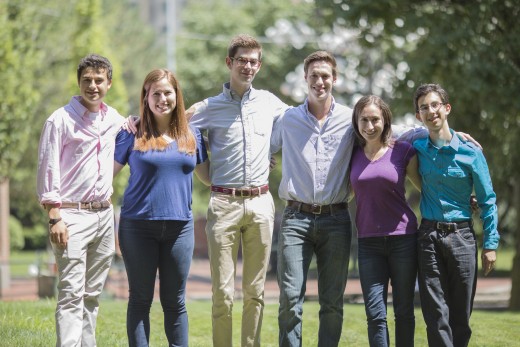
Self-Worth
A feeling that one is contributing to society is necessary to one's self-worth. Whether through our work or volunteering, we all need to feel that we make a difference. (Freud, in Civilization and Its Discontents, wrote "The communal life of human beings had, therefore, a two-fold foundation: the compulsion to work, which was created by external necessity, and the power of love... ".) The drive for meaningful work impels us all to create. Therefore, teaching everyone that all work is meaningful is imperative.
Farther down the road, the introduction of robots and artificial intelligence may help to free many people from repetitive tasks in order to create work with more impact. It will be necessary to help people displaced by that work to find a meaningful place in society, and that may involve free retraining and extended unemployment support.
Accomplishment
Celebrating real accomplishment is necessary to us all. The popularity of awards shows such as the Oscars or rooting for a sports team show that it is so important we are willing to accept even vicarious accomplishment. People don't need empty trophies; we all need something to strive for and to have our work recognized, at least in our own circle. Simple civility can go a long way toward this goal; simply be polite and respectful to those people who provide you with services.

What Can One Person Do?
- Look out for others
- Be polite and respectful
- Try to improve the lives of your immediate circle, whether in school, at work, in your family, or in your neighborhood. I'm sure everyone can remember when a compliment or comment made their day; the same goes for all of us, so find a way to make every person you meet feel better.
- Keep Maslow's pyramid in mind when voting on issues. If a policy is geared towards increasing people's safety, security, or feeling of belonging, it's probably on the right track.

Summary
In essence, we can use Maslow's hierarchy of needs to direct both our own behavior and policy on both the local and national level to decrease the number of terrorist and lone wolf incidents, which will save many lives and billions of dollars. While some people may find such social change disruptive, it's clear that the benefits will outweigh the discomfort people experience in making changes.
This content is accurate and true to the best of the author’s knowledge and is not meant to substitute for formal and individualized advice from a qualified professional.
© 2018 progressivist

